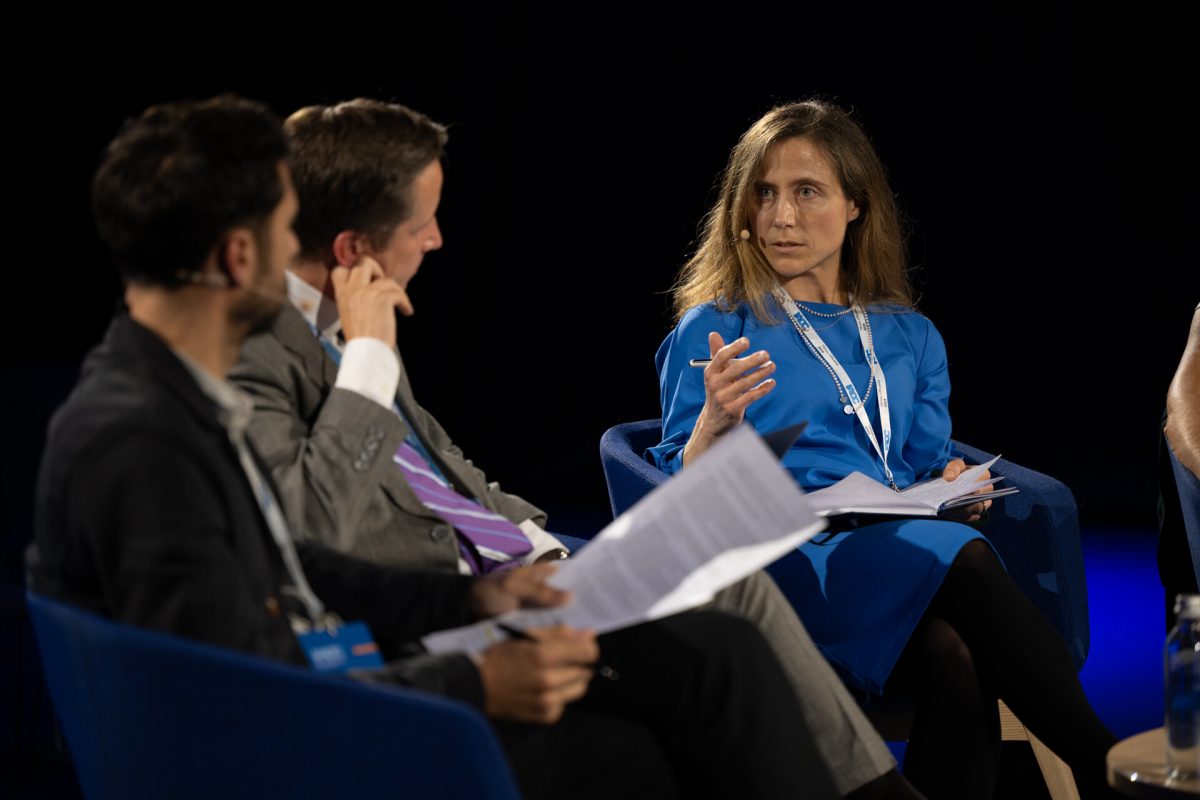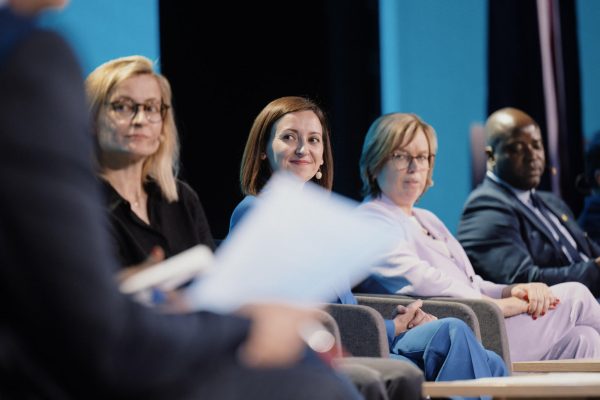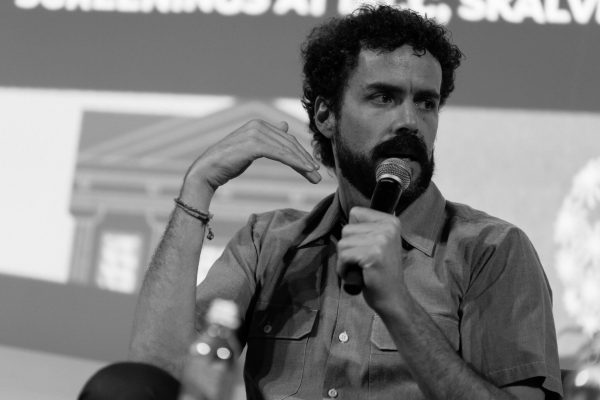Corruption and fraud continue to undermine climate change mitigation initiatives, experts said on June 20 at the International Anti-Corruption Conference (IACC) in Vilnius.
In the wake of the 2015 Paris Agreement, in which world leaders agreed to keep global warming to under 2 degrees Celsius above pre-industrial levels, an increasing number of companies have sought to reduce their impact on the climate.
Part of this is achieved by offsetting their emissions in a variety of ways, including carbon capture, preventing new emissions, or preventing deforestation.
To do so, they can buy so-called carbon credits, which are set up to certify that the projects actually do what they say they do – but corruption and fraud make many of such projects effectively worthless, experts speaking at the IACC said.
“One of the major problems surrounding these carbon offsets is that there is an inherent tension. There is a dual goal of protecting the planet by limiting emissions and making money,” said Brice Böhmer, Transparency International’s climate and environment lead.
The problems range widely. Bribery is commonplace, some projects are counted twice, and the prices of carbon credits are even kept secret. Some projects are implemented in remote areas that are difficult to reach and scrutinised, while cases of money laundering and tax evasion linked to carbon credits are commonplace.
One such example arose in 2023 when one of the largest carbon offset initiatives in the world, taking place in Zimbabwe, turned out to be all smoke and mirrors, according to media investigations. Hundreds of companies, including the likes of Nestle, Gucci and Volkswagen, had all bought into it and the project had been certified by the Verified Carbon Standard (Verra).
Following the revelations, Verra launched an investigation into the issue – but the review is still ongoing, said the company’s senior legal counsel, Mary Gilmore-Maurer.
“We have a review process, which has to be completed before we take the next steps,” she said. “That’s when we decide whether, for example, there’s been an over-issuance of credit.”
Gilmore-Maurer could provide no timeline about when the review might be completed or if any sanctions will be issued.
“These are really complicated projects… We need a lot of data to review it,” she explained.
But this scandal was not an isolated incident.
In both media investigations and scientific studies found that “almost all the top [carbon] offset projects were basically junk,” Böhmer told the panel.
One cross-border investigation, published last year by the Guardian, found that more than 90% of credits produced “should not have been approved.” It stated that 21 carbon offset projects had not had any climate benefit.
Verra disputes these allegations, arguing that the methodology of these investigations was flawed. Despite this, Gilmore-Maurer acknowledged that systemic issues continue to dog these projects and that Verra had updated its standards.
“We cannot be complacent,” she told the IACC panel.


